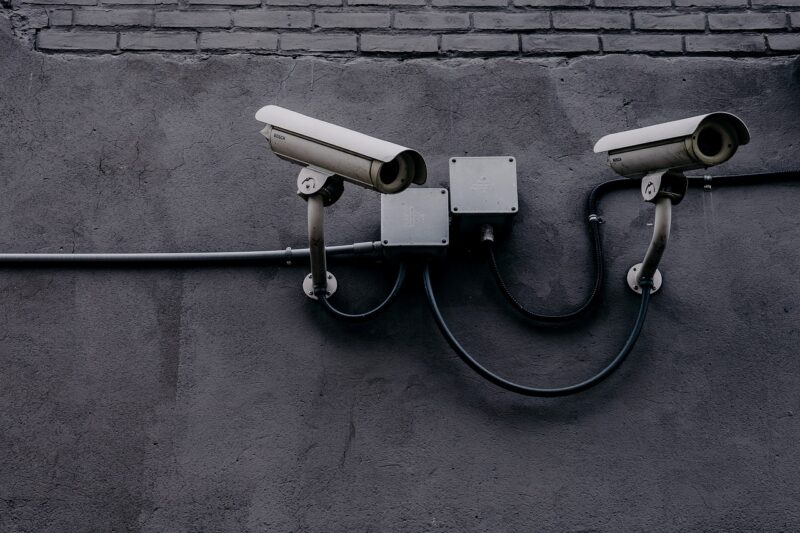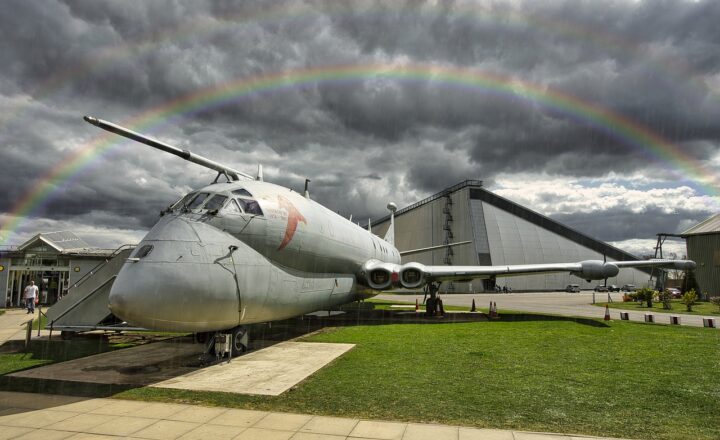
In the age of information, surveillance has evolved into a significant global issue, intertwining with the concepts of privacy, security, and state intervention.
The Central Intelligence Agency (CIA), one of the foremost intelligence agencies in the United States, has been at the forefront of global surveillance activities under the guise of national security. Its role in these sprawling programs is not just limited to the collection of intelligence but extends into the realms of technology and operational strategies employed worldwide. This article aims to delve into the intricate web of the CIA’s involvement in global surveillance, exploring historical contexts, methods utilized, ethical implications, and the impact on global citizens.
1. Historical Context of CIA Surveillance
The CIA was established in 1947, primarily to gather foreign intelligence and conduct covert operations. Originally, its various activities focused on the Cold War, where surveillance meant listening in on communications and monitoring enemy actions. However, as technology advanced, so did the methods of intelligence collection.
During the subsequent decades, particularly in the late 20th century, innovations in electronic communication prompted the CIA to adapt and expand its surveillance capabilities. The fall of the Soviet Union and the emergence of new threats, especially after the events of September 11, 2001, transformed the agency’s focus towards a global audience. The War on Terror provided the CIA with unprecedented authority to engage in mass surveillance, particularly against both suspected terrorists and civilians.
2. Methods Used by the CIA for Global Surveillance
The CIA employs a myriad of sophisticated techniques to gather intelligence. Here are some key methods used by the agency:
- Signals Intelligence (SIGINT): This involves intercepting communications and electronic signals, such as phone calls, emails, and social media activities. The CIA uses advanced technology to monitor and analyze these signals on a global scale, often collaborating with other intelligence agencies under the National Security Agency (NSA).
- Human Intelligence (HUMINT): Recruiting individuals to gather intelligence provides the CIA with firsthand information from various regions, enabling them to understand local sentiments, threats, and opportunities. This includes gathering information from informants, diplomats, and covert operatives.
- Cyber Surveillance: With the advent of the internet, cyber capabilities have become vital tools for intelligence gathering. The CIA has invested heavily in cyber warfare and surveillance programs to monitor digital communications and intrusion into foreign systems. This often involves hacking into networks and databases for accumulating intelligence.
- Facial Recognition and Biometrics: Advanced technologies allow for the identification and tracking of individuals through facial recognition systems deployed in various locations worldwide. This raises significant ethical concerns, particularly regarding privacy rights.
These methods demonstrate the dual-edged nature of surveillance: while they can provide security benefits, they also pose threats to individual freedoms and privacy.
3. Ethical and Legal Implications of Surveillance
The CIA’s surveillance programs have prompted a plethora of ethical questions regarding privacy and civil liberties. Critics argue that such widespread surveillance violates not only domestic laws but also international human rights standards. The balance between national security and individual privacy remains a contentious debate.
Following the revelations by Edward Snowden in 2013, the extent of the CIA’s reach became widely recognized, leading to significant backlash against the agency’s methods. Activists and privacy advocates have called for accountability and transparency in surveillance operations, demanding that surveillance not be conducted indiscriminately and that citizens’ rights be respected.
Moreover, international laws governing surveillance are often ambiguous, leading to tensions between nations. Instances where the CIA has been accused of unlawfully surveilling foreign leaders and citizens have escalated diplomatic conflicts, fostering distrust between governments.
4. The Impact of CIA Surveillance on Global Citizens
The ramifications of CIA surveillance extend far beyond the walls of governmental agencies; they permeate into the daily lives of billions worldwide. Increased surveillance can lead to a chilling effect on freedom of speech and expression, as individuals may feel less inclined to voice dissent or engage in politically sensitive activities.
Internationally, countries often expand their own surveillance measures in response to intelligence-sharing frameworks with the CIA. Nations that collaborate with the agency may implement stricter control over their populations under the justification of security, often leading to systemic human rights violations.
5. Future of Global Surveillance: A Complex Relationship
As technology continues to evolve, surveillance capabilities will only become more advanced, presenting both opportunities and challenges for agencies like the CIA. Artificial Intelligence (AI) and machine learning will enhance data analytics, allowing for real-time processing of massive amounts of information. However, as these technologies become more sophisticated, so too will the discussions around ethical implications and regulations governing their use.
The future landscape of global surveillance will necessitate a balance between ensuring national security and protecting individual liberties. Policymakers, technologists, and activists must engage in an ongoing dialogue to create frameworks that foster transparency and accountability in surveillance practices.
Conclusion
In conclusion, the CIA’s secret role in global surveillance programs has significant implications for both national security and citizens’ rights around the world. As we continue to grapple with the ramifications of surveillance, it is vital to consider the balance between maintaining security and protecting civil liberties. The importance of accountability, oversight, and public discourse cannot be overstated in the pursuit of a more just and equitable surveillance landscape.
The dynamics of surveillance will continue to evolve, and our responses as a society will play a crucial role in shaping the use of these powerful tools in the years to come.








